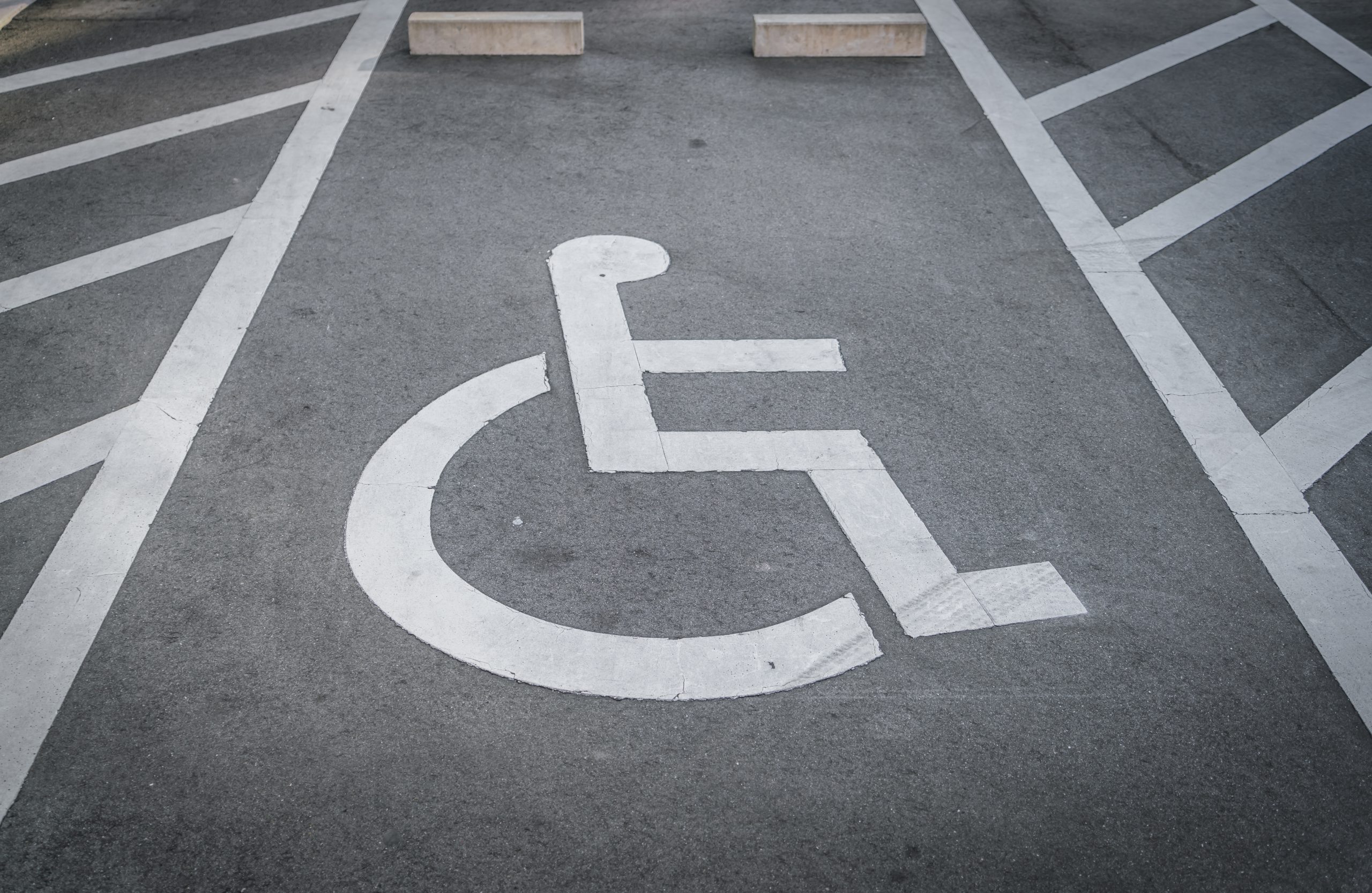
U4U is working on policies to improve the representation and inclusion of diversity in the European institutions.
This theme is of key importance for U4U, who invites you to the debate.
Do you want to contribute? go there…
Brochure : DIVERSITY AND INCLUSION: WHY & HOW?
Commission car parks reserved for the disabled

Several colleagues have informed us that the OIB services are reducing the number of parking spaces reserved for people with disabilities in the Commission’s garages. We wrote to the Director of OIB, Marc Becquet, who replied very quickly and fully.
Dear Mr Becquet,
Dear Marc,
Several colleagues have informed us that the OIB services are reducing the number of parking spaces reserved for people with disabilities in the Commission’s garages.
These colleagues point out that this policy makes it more difficult for them to access the buildings and to move from one building to another.
This access is already hampered by the system of pre-booked parking in force in certain Commission buildings. This system does not allow parking spaces to be reserved in more than one building on the same day, which may be essential for colleagues with reduced mobility.
Would you be so kind as to let us know whether the OIB has a general policy of reducing the number of parking spaces reserved for people with disabilities?
If so, could you tell us what criteria are used to make these reductions?
If not, could you tell us whether certain reserved spaces have recently been used on an ad hoc basis, without being the result of an established policy? If so, could you tell us why?
Your answers will enable us to take a position on this issue and communicate with our members on a matter that directly affects them.
Could you also consider exempting disabled colleagues from the pre-booked parking system? If the number of reserved spaces is sufficient, it should be possible for them to move around and park in different buildings according to their needs without any particular problem.
We appreciate your sensitivity to this issue and thank you in advance for your response to our questions.
Yours sincerely,
Georges Vlandas Yves Caelen
Chairman Vice-Chairman
03/12/2024
**********************************************
Dear Mr Vlandas and Mr Caelen,
Dear Georges and Yves,
As you know, the OIB serves all colleagues and visitors in general and, in this context, pays particular attention to people with disabilities or reduced mobility. In this respect, access to the buildings and, consequently, ease of movement are of crucial importance. Thank you for your message, which gives me the opportunity to clarify certain points by answering your questions point by point.
Firstly, it is important to note that the current parking policy does NOT involve any reduction (across the board or otherwise) in the number of spaces reserved for people with disabilities in the Commission’s car parks.
It should also be recalled that the Where2Park car park management application was set up following the introduction by the Brussels-Capital Region of the Brussels Code on Air, Climate and Energy Management (COBRACÉ), one of the consequences of which is a reduction in the total number of parking spaces available, without affecting the number of spaces reserved for people with reduced mobility.
It’s also worth mentioning – although you probably already know this – that COBRACÉ is the result of the implementation of a European directive aimed at reducing the environmental impact of our activities and promoting sustainable mobility.
In this context, the Where2Park application helps to optimise the use of parking spaces while ensuring that they are made available to colleagues in a fair and equitable manner.
Thanks to this application, colleagues with reduced mobility are given the highest priority for parking. This priority extends to senior management. We ensure that colleagues with specific mobility needs are not disadvantaged. If all the spaces reserved for people with reduced mobility are taken, our application will automatically allocate a space in a standard car park.
In addition, the application allows you to reserve parking spaces in more than one building at different times (e.g. morning and afternoon or even ‘custom’) for colleagues who need to travel between buildings. If the journey is not planned, simply cancel the current reservation and create a new one in real time in the selected building.
In this way, Where2Park ensures that the needs of our colleagues with reduced mobility are always prioritised, even more so than without the system.
For the sake of completeness, the OIB teams are looking closely at ways to improve the solutions offered to colleagues who need to move more frequently between buildings in the same day.
Thank you again for your understanding and cooperation and for the opportunity to clarify the above points. I hope that I have convinced you of the usefulness of the Where2Park application and of the attention that OIB pays to people with reduced mobility.
Please do not hesitate to contact me if you have any further questions or would like to provide me with any other relevant information.
Kind regards,
Marc Becquet.
04/12/2024
Women and trade unions in Europe

The effects of women’s involvement in trade unions
In recent years, there has been a marked increase in the number of women involved in trade unions in Europe[1]. This change can be seen not only in terms of membership, but also in leadership positions. In France, the two largest trade unions are headed by women (Marylise Léon for the CFDT and Sophie Binet for the CGT), as is the case in Germany, where Yasmine Fahimi heads a confederation of trade unions “with around 6 million members”[2], and in the UK, where two women also head the country’s two largest trade unions. The growing presence of women in these organisations and on the labour market is said to have a major influence on equal pay policies and policies aimed at reconciling family and professional life (parental leave, childcare, etc.). This was shown by Grant Miller, professor of economics at Stanford University, who compared public spending on social services before and after women’s right to vote was extended in the United States, and observed a 24% increase. However, women’s participation in trade union activity has come up against a number of obstacles, firstly the fact that trade unions have generally lost influence over the years, but also the fact that many of them (29% in the EU) say they work part-time because of their family responsibilities[3].
At the European Commission and other EU institutions and departments, we are seeing a similar trend towards the feminisation of management positions in staff representation at both trade union and statutory level.
[1] Papalexatou, Chrysa. « La participation des femmes à la vie politique renforce les politiques familiales », Capital Grèce, 01 septembre 2023. [En ligne], URL : https://www.capital.gr/me-apopsi/3734985/i-summetoxi-ton-gunaikon-stin-politiki-enisxuei-tis-politikes-gia-tin-oikogeneia/
[2] Ibid.
[3] Ibid.